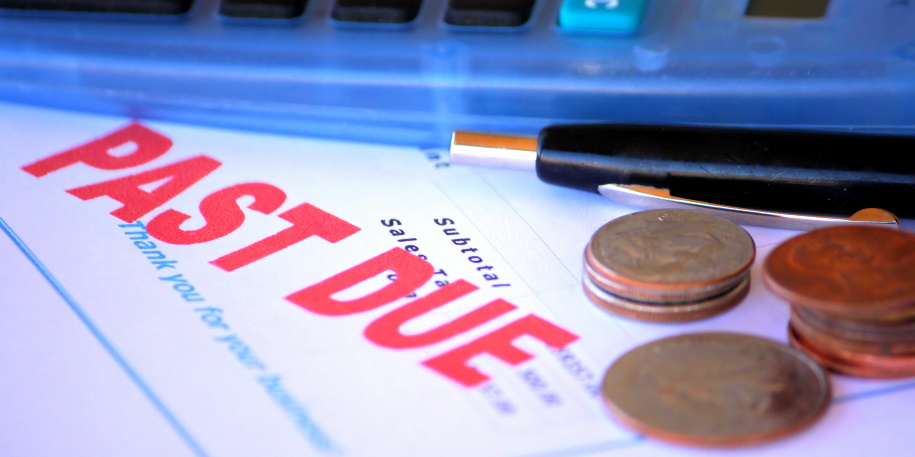Denver Debt Settlement Lawyers Can Help You Get Debt Relief During COVID-19
The COVID-19 pandemic has caused overwhelming financial stress for many Colorado residents. Job loss or reduced income, high medical bills, and other hardships have led many residents to get behind in bill payments, resulting in increased debt and the need for debt relief before things get even worse.
To help stop debt collection for residents experiencing financial hardship during COVID-19, the Colorado General Assembly has placed limitations on extraordinary collection actions. These limits aim to reduce the risk of bankruptcy, repossession, foreclosure, and eviction, which can occur if debts are not repaid in a timely manner.
The Importance of a Debt Relief Attorney
Coloradans facing financial hardship should consider consulting a debt relief lawyer to best understand their options – which may include bankruptcy or debt settlement – and make sure they choose what’s best for them. The Wink Law Firm, a husband-and-wife bankruptcy law firm in Denver, Colorado, offers a full suite of debt settlement services to reduce the debt hardships Colorado residents may be facing during COVID-19. These services include representation in bankruptcy and debt settlement, which is negotiating settlements with your creditors.
Senate Bill 20-211
Under Senate Bill 20-211, a creditor – a company or person to whom money is owed – may not initiate a new extraordinary collection action during the period of June 29, 2020 through June 1, 2021 without complying with the requirements of the bill, which include notifying the individual who owes money what their options are if they are struggling to repay debts due to financial challenges arising during the COVID-19 emergency.
What Is an Extraordinary Collection Action?
As defined by the Colorado Fair Debt Collection Practices Act (FDCPA), an extraordinary collection is an action consisting of a levy, attachment, execution, or garnishment to collect or enforce a debt. A levy, attachment, or execution is a legal seizure of your property, such as a foreclosure on your house, to repay the debt. A garnishment is when money is legally withheld from your paycheck (typically by your employer) to send that money instead to a creditor to help repay the debt.
The Requirements of the Bill
The creditor must notify the debtor – the person who owes money – that the debtor may temporarily suspend the extraordinary collection action – as in, temporarily halt repaying the debt – if the COVID-19 pandemic has caused them financial hardship.
This notice must be sent by the creditor at least 10 days, but not more than 60, before the execution of a writ or legal process that aims to put the extraordinary collection action into effect.
The debtor, in turn, must then notify the creditor that they are in fact experiencing financial hardship as a result of the COVID-19 pandemic. This can be done through a phone call or in writing to the creditor. No additional documentation is needed to support the request for debt relief during the period Senate Bill 20-211 is effective. You may also choose to create a voluntary repayment plan with your creditor as a way to pay your debt.
Property up to $4,000 (cumulative) in a depository account(s) held in the debtor’s name is also exempt from levy and sale under writ of attachment or writ of execution through June 1, 2021.
This Is Only Temporary Debt Relief
While the outcomes of this bill may be welcome financial help to Colorado residents suffering financial hardships from COVID-19, it’s important to note, however, that this does not absolve the debtor from paying back the debt. The debt it still owed. It is simply a temporary suspension of debt collection. It is not debt forgiveness.
Interest may also still continue to accrue during this period, so it’s important Coloradans understand the implication of choosing this option as they work to repay their debts or obtain debt relief.
It is also important to note that any debts related to past or current child support payment obligations are not covered by this new bill.
Debt Relief Options
Because the relief in this bill is temporary and includes protection of money in the bank, it’s essential Colorado residents experiencing debt hardships consult with an experienced debt relief attorney. Coloradans suffering debt hardships need to understand their options for debt relief, including bankruptcy and debt settlement.
Mike Wink of The Wink Law Firm is q debt relief lawyer who serves Broomfield, Westminster, Lakewood, Englewood, Thornton, Denver, and the surrounding areas. He’s been helping small businesses and individuals obtain debt relief since 2009. He received his J.D. from the University of Colorado at Boulder and is a member of the National Association of Consumer Bankruptcy Attorneys. He encourages people struggling with debt to schedule a free, no-obligation consultation so he can develop a game plan before their debt gets too far out of control, and before additional hardships, financial or otherwise, occur.
Denver Debt Settlement Lawyer
Contact us for a free consultation so we can help you get the debt assistance you need to avoid or reduce the financial impact of bankruptcies, foreclosures, evictions, repossessions, or other occurrences. Call The Wink Law Firm at (720) 523-0620, or contact us online to begin getting this important help.

